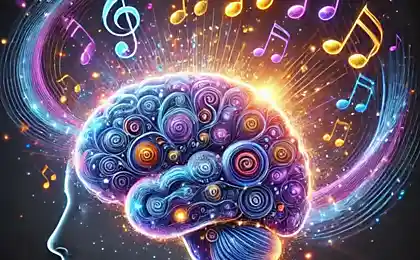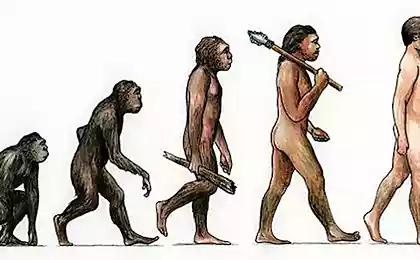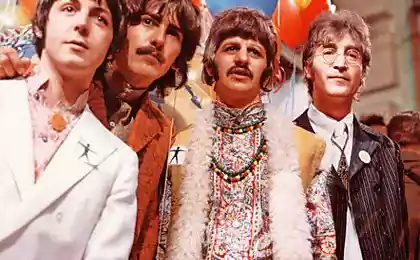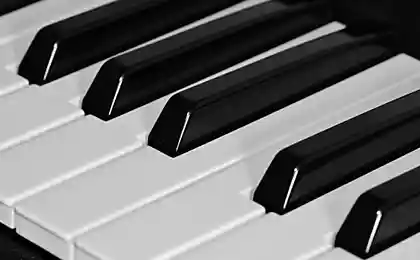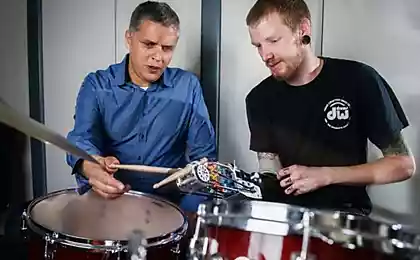530
Music creates an artificial evolution

Scientists have shown how using artificial evolution of noise may appear euphonious melodies.
The evolution took place thanks to a specially written program DarwinTunes. Small composition composed of repetitive elements were able to exchange "genetic information" and create new, combining the features of the parent. In the course of this reproduction also makes random changes corresponding mutations.
To simulate natural selection scientists attracted 7000 volunteers who listen to songs and allowed successful versions. These features further transferred "to posterity." The measure of "fitness" compositions served as the likelihood of their transmission to future generations.
Observations of changes in the average rating tracks showed that the possibility of artificial evolution quickly saturated. So, at the beginning of the evolution of each generation of the rating compositions grew up pretty fast. However, after thousands of generations, the growth stopped, and went out on the plateau. In biology, this jumps changes, followed by periods of saturation can be compared to the evolution of isolated islands.
According to the researchers, the results suggest that in reality the change of musical styles takes place on other mechanisms. Central to these preferences play an audience like this in the experiment (they quickly lead to stagnation), and the will of composers. The creators of music, according to researchers, are repelled from the existing preferences of listeners and shift the evolution of the local optimum. Initially, the new music listeners seem less harmonious, but over time it becomes familiar and the traditional.
via factroom.ru



